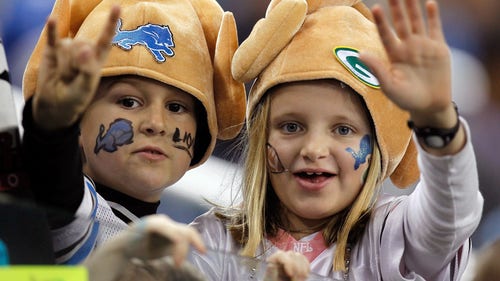VIRUS DIARY: Soccer in UK loses passion, soul with no fans
LONDON (AP) — What have I learned about pandemic soccer — I mean football, of course — since its return in England?
You watch soulless matches with no fans out of ingrained habit — and the misplaced hope that slays you. Your team implodes, also out of ingrained habit. All in all, an added unpleasantness in trying times.
But let's rewind.
In the grand scheme of things, sport during the pandemic is only a matter of life or death if players, staff or fans become infected. Perhaps an updated rendering of the famous Karl Marx quote: Has sport become ‘’the opium of the people''?
In Britain, where I live, some in the political arena ventured that the return of professional football without fans in seats, dubbed Project Restart, would lift the national morale. Debatable.
It's a passionate game of which the fans are the lifeblood. That's true across Europe and beyond.
Supporters, many clad in team colors, are a breathing, heaving, shouting mass — living every moment, every decision, with joyful outbursts or howls of derision. Chants full of industrial language encourage hero worship at best and, at worst, plumb the depths of outright racism and xenophobia.
Watching the English Premier League upon its return has been excitement-free for me — quite a bizarre feeling after decades of following my London team, Arsenal, in the flesh at home and abroad.
So far, the team hasn't played a ‘’home'' match that I would normally attend. Watching other empty stadia has featured a decision: whether to choose the fake audio atmosphere generated by the channels.
No, thanks. That ranks with laugh tracks, lip synching and ghostwriting. So it's natural sound for me — the agitated strains of players, coaches and the ball being kicked and headed.
The first two matches I watched, my team lost. Once, against a superior team, barely registered on the anger scales. The second, against an inferior one, rankled due to a long-term injury to our goalkeeper because of unnecessary foul play from an opponent who then rubbed salt in the wound by scoring the winning goal in the dying seconds.
But it passed quickly, quicker than it ever would have in the past.
A close friend and colleague who has also supported Arsenal all his life felt the same watching live from New York in our hyper-connected world. We WhatsApp-ed, then moved on with the rest of our weekends.
The same friend and I had attended a match that we still reminisce about where a winning goal, a penalty deep into stoppage time, had sent my row bonkers, us included, and seemed to take the roof off.
Those are the joys. Camaraderie with several people I sit with as a season ticket holder for more than a quarter century. The pre-match rituals, the pub for a couple looseners (or not, in the event my teenage son, who has gone off the game in the last few years, accompanies me — a rare treat).
Then on Thursday, a win — but dreary watching nonetheless.
I'll keep watching the matches every few days as the league races to complete the interrupted season. But let's not kid ourselves: Like so much else, this was a financial decision as lockdowns are eased across the world to resuscitate flatlining economies. Hundreds of millions in various currencies are at stake for the monstrous cash-cow brand; global TV rights are in the balance.
But the first ‘’home"" game of the pandemic rest-of-season this week will feel especially soulless to view denuded of fans and denuded of me. And I cannot even fathom when it will cease to be insanity to attend an event with some 60,000 other people again.
Memories fortify. Maybe Humphrey Bogart's Rick was right in ‘’Casablanca'': "We'll always have ...''
___
an occasional feature, showcases the coronavirus pandemic through the eyes of Associated Press journalists around the world. See previous entries here. Follow Tamer Fakahany, AP's deputy director of global news coordination, at http://twitter.com/tamerfakahany





